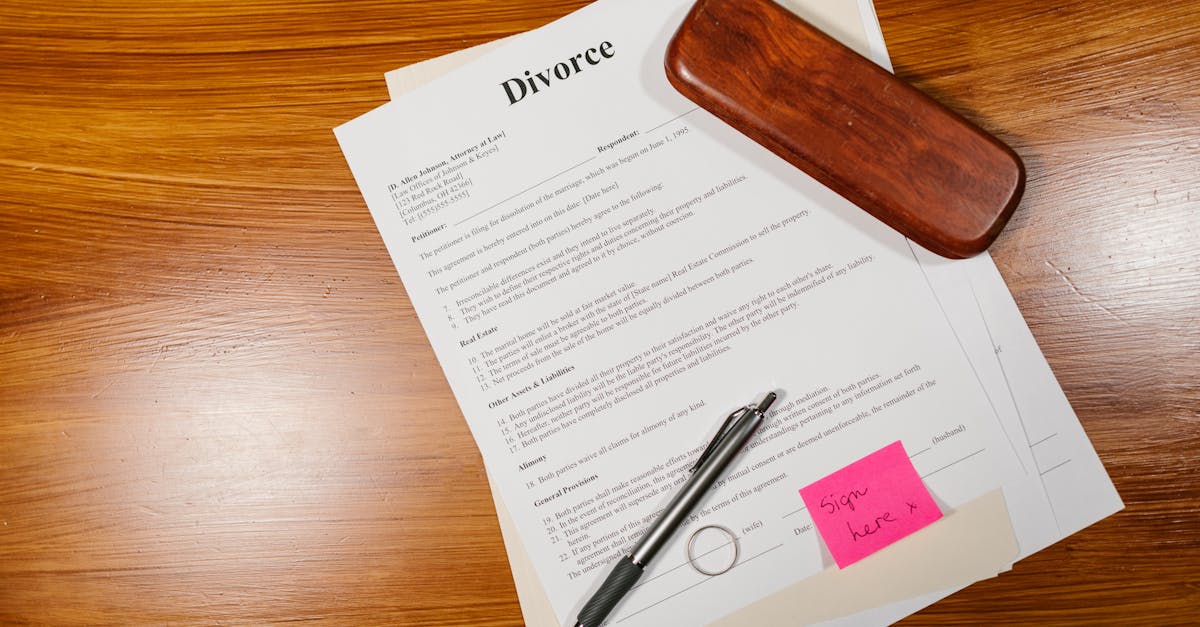
Roundup of Recent Changes in Unfair Dismissal Legislation
Why Unfair Dismissal Claims Matter
ature of the employment relationship and the growing importance of adapting to new working realities.The Process of Filing a Claim
Statistics and Observations from the Past YearFiling an unfair dismissal claim begins with gathering relevant information about the employment situation. It is essential to review your employment contract, any correspondence related to the dismissal, and notes from meetings or discussions with your employer. This evidence will support your case and establish the grounds for claiming unfair dismissal. Additionally, determining the appropriate timeframe for filing is crucial, as there are strict deadlines that must be adhered to, typically within three months of the dismissal date.
In the past year, the number of unfair dismissal claims has shown a notable increase, reflecting shifting workplace dynamics and evolving employee rights awareness. Data indicates a rise of approximately 15% in claims filed compared to the previous year, with a significant portion attributed to remote working disputes and contractual ambiguities.Once the preliminary documentation is in order, the next step involves submitting the claim to an appropriate tribunal. This usually requires completing specific forms and providing a clear outline of the grievance. After submission, the tribunal will provide a confirmation and may schedule a hearing if they deem the case to have merit. During this process, respond promptly to any requests for further information and maintain regular communication with the tribunal to ensure that the claim progresses smoothly.
Observations from various tribunals suggest that employers are increasingly proactive in seeking legal advice before dismissal, aiming to mitigate the risk of claims. Many cases involve misunderstandings related to performance management and disciplinary procedures, underscoring the need for clear communication and robust documentation throughout the employee lifecycle.StepbyStep Guide
Legal Precedents Influencing Recent ChangesFiling an unfair dismissal claim begins with assessing the situation thoroughly. Gather all relevant information relating to your employment and the circumstances of your dismissal. Identify the specific reasons provided by your employer and evaluate whether they
Additionally, a solicitor can assist in gathering essential documentation and evidence. This support ensures that your case is well-prepared, presenting a compelling narrative that highlights any unfair treatment. Legal representation can also facilitate communication with your employer or their legal team, reducing the emotional burden of direct confrontation. Ultimately, having a knowledgeable advocate on your side makes a significant difference in the outcome of your claim.Unfair dismissal refers to the termination of an employee's contract of employment in a way that is deemed unjust by employment law. This can occur if an employee is dismissed without a fair reason or without following proper procedures.
What are the recent procedural changes in unfair dismissal cases?FAQS
Recent procedural changes in unfair dismissal cases have focused on enhancing compliance requirements for employers, ensuring that proper disciplinary procedures are followed, and clarifying the steps that need to be taken before an employee can be dismissed.What constitutes an unfair dismissal?
What steps should employers take to comply with the new legislation?Unfair dismissal occurs when an employee is terminated from their job without a valid reason or without following the proper procedures, violating their employment rights.
How to Gather Documentation for an Unfair Dismissal Claim